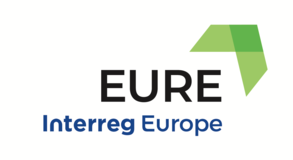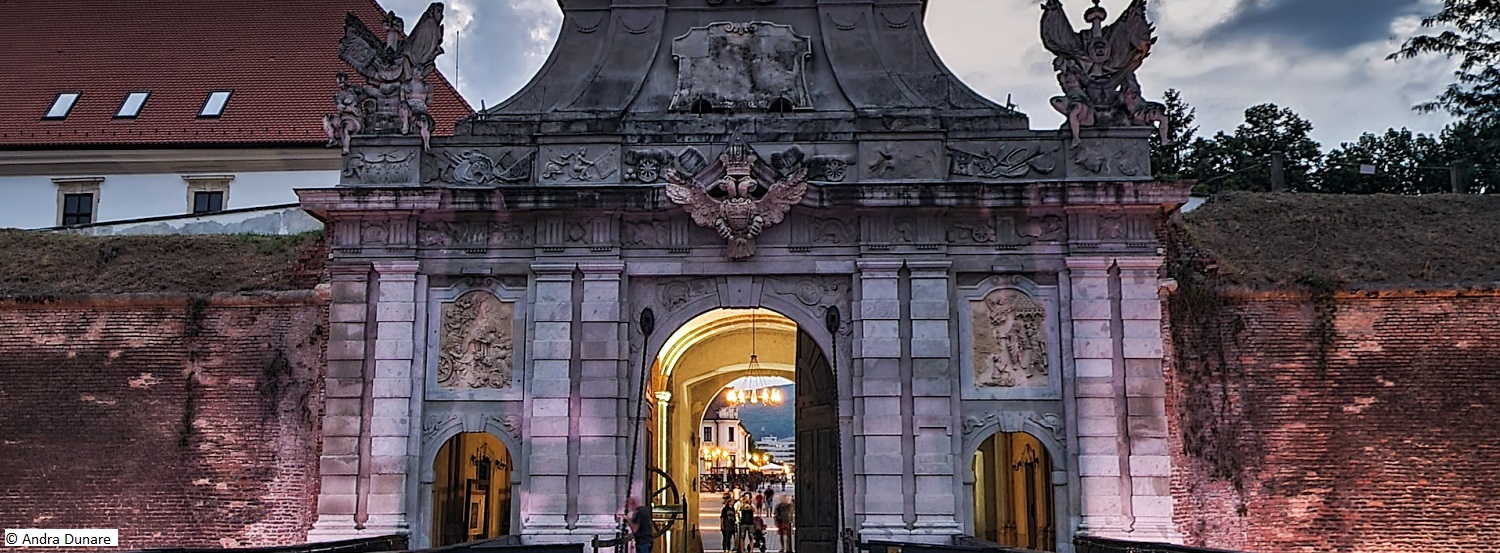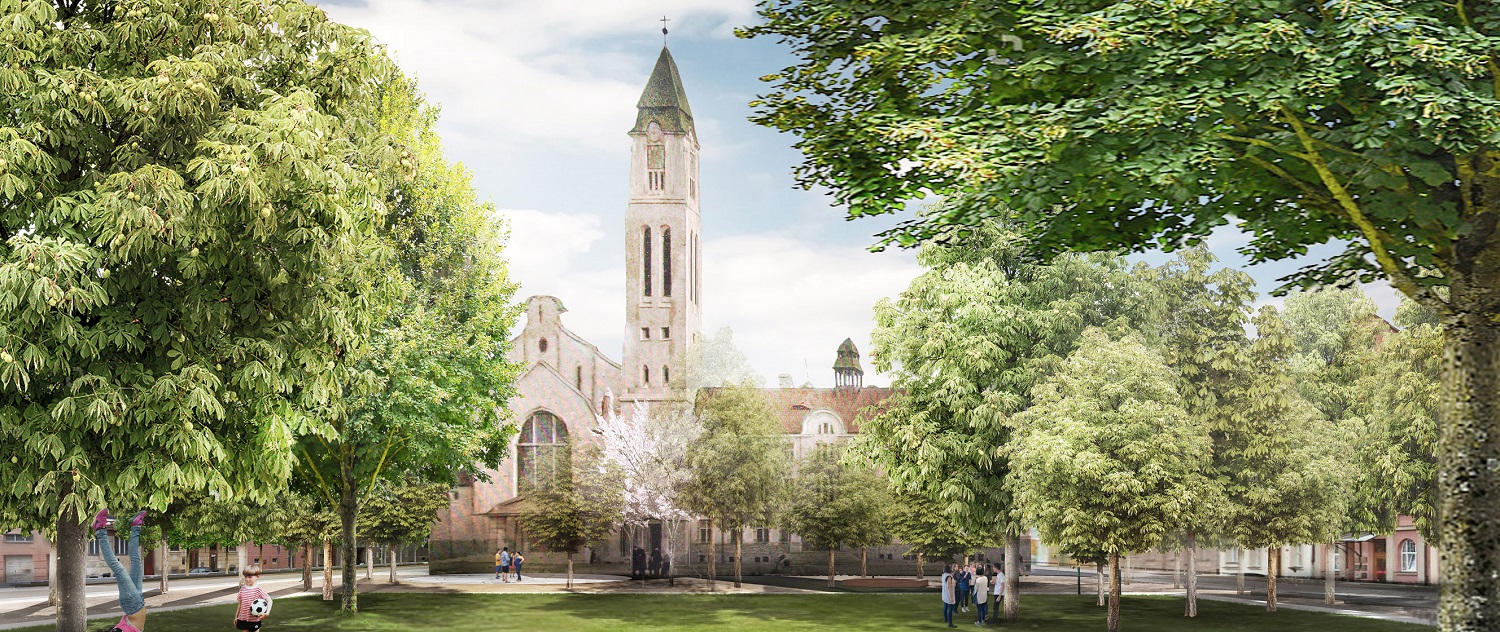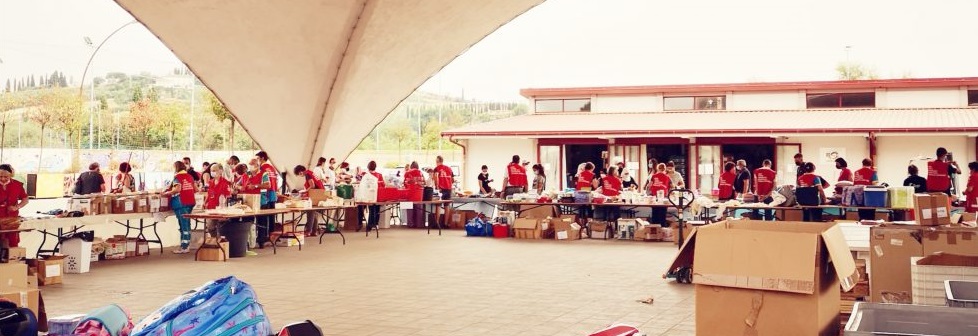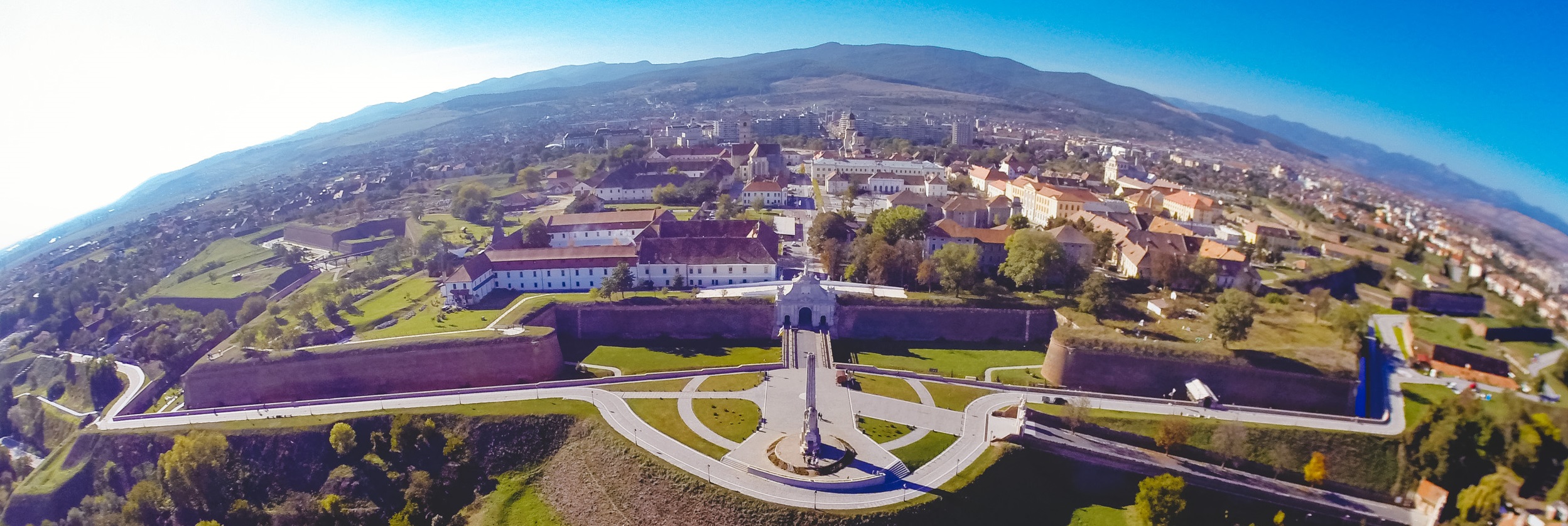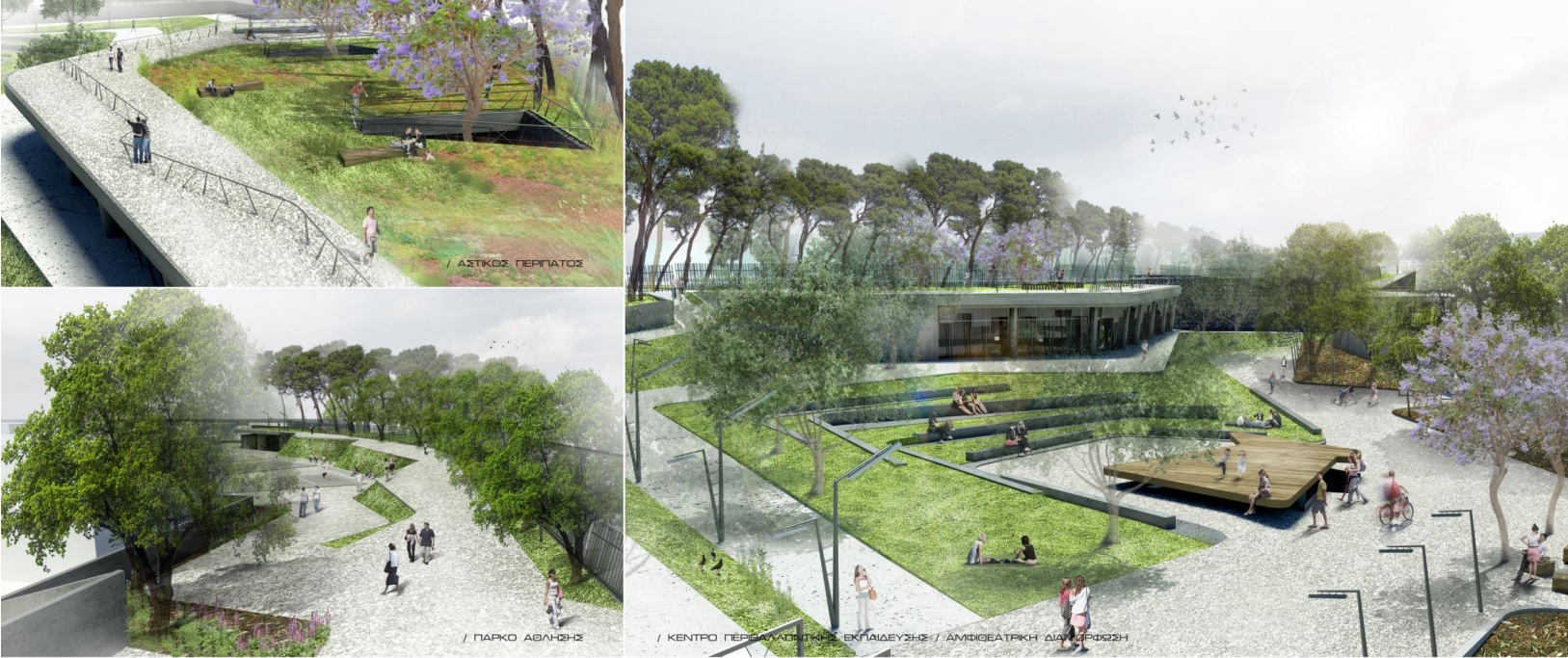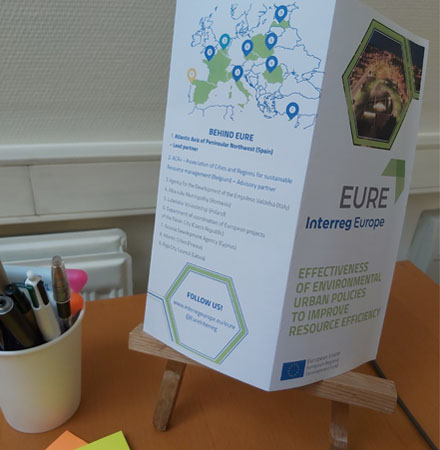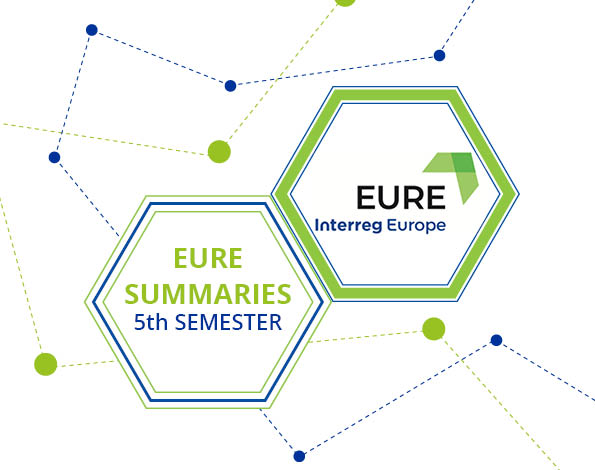Because municipalities are the ones that best know the needs of their citizens, they have claimed a leading role in the reconstruction process.
The Conference of Presidents of the Eixo Atlántico, lead partner of the EURE project, held on 17 September in Pontevedra, has unanimously vindicated the determining role that cities and municipalities have played during the pandemic, covering with their own resources the deficits of other administrations from the most urgent social and health aspects, including educational ones, to cultural aspects and the motivation of the population to resist confinement.
Over the course of almost four hours, the mayors of the main cities of the Euro-region integrated in the Eixo Atlántico, the convening entity of the conference, have debated with a group of high-level experts the guidelines that should define the roadmap of the reconstruction.
The political leaders claimed the situation of the low-density territories, which are always the most unprotected, not from the pandemic, but from the support to overcome its effects. A position defended by the Portuguese and Galician mayors, revealed ignored situations such as those that the agri-food sector linked to gastronomy and tourism is experiencing since many of the large supermarkets sell products from other Spanish regions.
 For this reason, one of the unanimous demands was support for the productive sectors of the territory both in relation to small and medium-sized enterprises, as well as the self-employed.
For this reason, one of the unanimous demands was support for the productive sectors of the territory both in relation to small and medium-sized enterprises, as well as the self-employed.
The former president of the Regional Government of Galicia, Fernando González Laxe, insisted on the elements that the municipalities must take into account in the immediate future, such as job creation, climate change, "which will transform the productive economy in the coming years", the connectivity, human and technological qualification, social needs and the participation of citizens in decisions that affect them.
Carlos Moedas, former European Commissioner for Research, Science and Innovation, recalled the importance of incorporating innovation and research into this sector by investing in both sectors, insisting on the importance of digitization and the relevant role that municipalities they have to play in this process.
In the same way, Miguel Poiares Maduro, director of the Florence Institute of European Studies, recalled the importance of an agile and efficient administration and the need for innovation to be brought to town councils and through cities to their social and economic fabric.
Another central element in the debate was the need to develop the sustainability of the territory, not only because of its economic nature and quality of life, but, as has been seen during this pandemic, because of its strong health component, as well as the need to encourage short cycles, both production and consumption, which result in local commerce and which entail adding value to the consumption of traditional products. Emilio Fernández, Professor of Ecology at the University of Vigo, stressed that the decrease in pollution that occurred during confinement was a very positive element of health prevention, especially for respiratory diseases.
In this sense, emphasis was placed on the need to develop sustainable urban mobility plans to reduce the use and impact of private vehicles. The need to improve pending infrastructures was also reinforced, especially railways to promote more sustainable and healthy mobility. Fernández recalled that despite the fall in pollution in the months of confinement, it was only lowered to levels similar to those of the previous year: "evidently very little," he stressed.
 Several of the attendees reflected the pioneering nature of this conference in Europe and conveyed their congratulations for the unusual fact that in a meeting of mayors all defended the collective and none raised individual or local issues.
Several of the attendees reflected the pioneering nature of this conference in Europe and conveyed their congratulations for the unusual fact that in a meeting of mayors all defended the collective and none raised individual or local issues.
The vice president of the Eixo Atlántico and mayor of Lugo, Lara Méndez, spoke of the fundamental role of the municipalities in all the shock measures carried out, as an administration closer to the citizen; "We want to be active actors in reconstruction and that we can be in the decision-making and financing it" and he concluded by stating that "this is a moment of change that we have to take advantage of as an opportunity for the future."
For his part, the president of the Eixo Atlántico and mayor of Braga, Ricardo Rio, highlighted the entity's leadership role by bringing together more than 30 mayors to focus, “not on a list of demands, but on strengthening a model of cooperation that we want to strengthen between city councils, social agents and citizens, in addition to enhancing the resources of the Euroregion so that it develops in a cohesive way ”.
